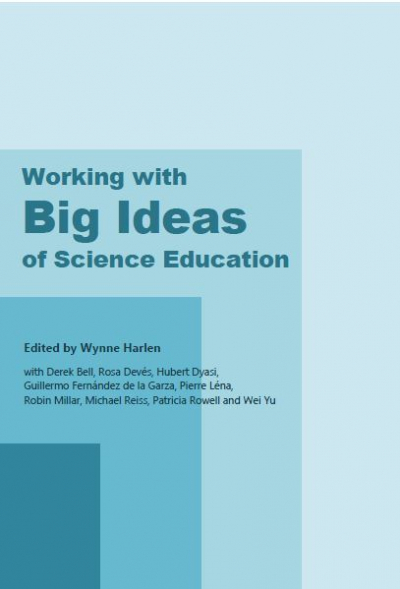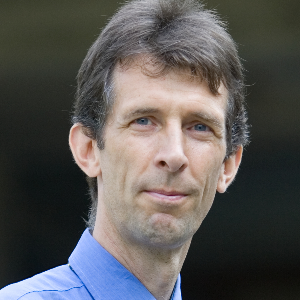


IAP - the global network of science academies - which comprises 107 science academies from both developed and developing countries, today announces the publication on its website of Working with Big Ideas of Science Education.
This publication is the work of an international expert group of scientists, engineers and science educators, and follows the earlier publication (in 2010) by the same group of Principles and Big Ideas of Science Education.
Working with Big Ideas of Science Education addresses concerns that the science curriculum in many countries is overloaded and over-detailed, frequently accompanied by assessment that requires memorising multiple facts, and a deterrent to the widely advocated inquiry-based approach to teaching and learning. The book provides a reasoned response to this situation by expressing the goals of science education in terms of a relatively small number of powerful ideas – called ‘big ideas’ because they explain a range of related phenomena and events. It sets out big ideas of science and about science in the form of narrative descriptions of progression in building an understanding of key ideas across the years from the start of primary to the end of secondary school.
One big idea of science, for example, is ‘All matter in the Universe is made of very small particles’, whereas a big idea about science is ‘Scientific explanations, theories and models are those that best fit the evidence available at a particular time’.
Realising the potential benefits of greater depth in learning, rather than uncoordinated breadth, depends on changes in classroom practices, with implications for teaching methods, curriculum content, formative and summative assessment, teacher professional development, and how effective teaching is judged. These matters are discussed in the book, with particular attention to inquiry-based pedagogy. Implementing inquiry-based teaching effectively is time consuming and so there must be a choice of those topics and activities that make best use of limited and precious learning time. Further, helping students to build small ideas into bigger ideas promotes students’ recognition of links among ideas in different domains of science and between science and other subjects, particularly mathematics, technology and engineering, the STEM subjects.
UK-based Wynne Harlen, who led the initiative to produce the book, adds: “It is vitally important that the education of all young people enables them to sustain their curiosity about the world we live in, enjoy scientific activity and develop a deep understanding of how events and phenomena around them can be explained, even though they may lack knowledge of every detail. This understanding is needed by all students – not just those who go on to study science or take up science-based occupations beyond school – and regardless of gender, cultural background or disabilities.”
Dato Lee Yee Cheong, Academy of Sciences Malaysia and Chair of the IAP Science Education Programme, comments: “The 2015 UN Summit General Assembly will adopt the 17 UN Sustainable Development Goals (SDGs) 2016-2030 that were the consensus of intensive global multi-stakeholder consultations since Rio+20 on all the development issues confronting the world. The UN SDGs aim to end global poverty by 2030 and will address other global issues faced by humanity, such as climate change, health and population growth. In his Synthesis Report of 4 December 2014 that marked the end of the consultation process, the UN Secretary-General stated that to achieve the SDGs, a transformational universal post-2015 agenda is called for, buttressed by science and evidence. He further stated that young people will be the torchbearers of the sustainable development agenda through 2030. To be effective torchbearers, there is an urgent need for young people to have a basic understanding of scientific ideas, of technological and ethical issues, and to develop an evidence-based power of reasoning. This book makes an important contribution to meeting this need.”
The book will be of value to all concerned with improving science education: teachers and managers in elementary and secondary schools; curriculum developers; teacher educators; and policy-makers.
